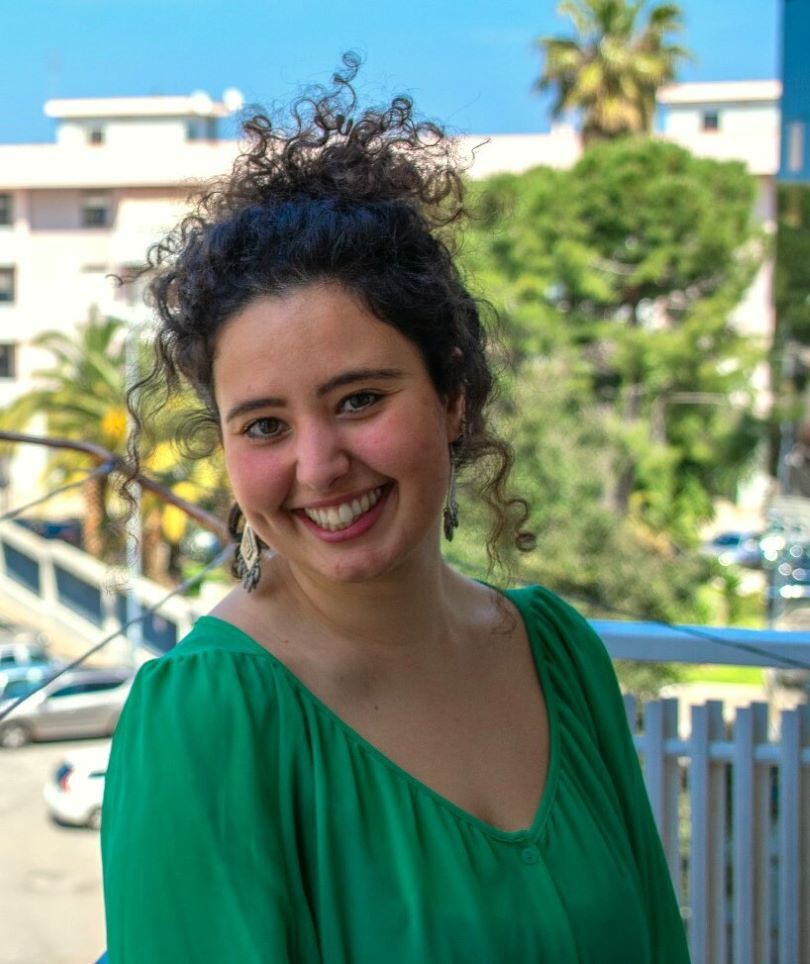Staff profile

| Affiliation | Telephone |
|---|---|
| Combined Role in the Department of Classics and Ancient History |
Biography
Before joining Durham University, I completed my MA in Philosophy at the University of Turin (2020) with a visiting period at Durham, and was awarded of a DAAD Research Grants - Short-Term Grants (2021) at the Universität Tübingen for the project Academic Ethics in the ‘Epinomis’. My PhD is funded by the Durham Doctoral Studentship.
Research areas
Ancient Greek Philosophy, with special interest in Cosmology and Theology, and History of Platonism.
Research Project
This thesis contributes to our understanding of the relationship between ancient philosophy and religion through a systematic study of daimonology as a discipline that overlaps with both of these domains. It aims to address daimonology as an independent branch of philosophy that interweaves cosmological and theological theories, within a broader history of ancient philosophy.
The study of ancient daimonology has remained a persistent challenge for modern scholars, due to its ambiguous philosophical status, and the vast number of testimonies available on the subject. Indeed, ancient daimonology cannot be fully understood without a profound awareness of the philosophical discourse from which it emerges, the influence of antecedent literary and philosophical traditions, and the weight of conventional religious beliefs regarding daimons across several ancient cultures. Through an in-depth analysis of its prevalence in various debates, this thesis argues that ancient daimonology plays a key role in resolving a number of major philosophical issues, such as the nature of the soul, theories of happiness, and doctrines of providence.
My thesis showcases a comprehensive analysis of key moments in ancient daimonology, which are presented chronologically and divided according to philosophical school: the Early Academy, with a focus on Xenocrates and the pseudo-Platonic Epinomis; Stoicism, with particular attention to its developments in Roman Stoicism; and Middle Platonism, with reference to Platonist theories of providence, cosmic evil, and the individual soul.
Teaching
I have four-year experience teaching as a GTA on modules in the Classics and Ancient History Department. I have taught on a range of modules encompassing the ancient Greek world in Early Greek Philosophy and Ancient Science, its history in Introduction to the Greek World, and its political theories in Ancient Political Thought & Action, alongside modules exploring cultural and social structures of the Greek and Roman world in Living in the Classical world. In terms of marking, I can call on experience in language modules such as Beginners' Greek, while I tutor Latin and ancient Greek philosophy privately.

